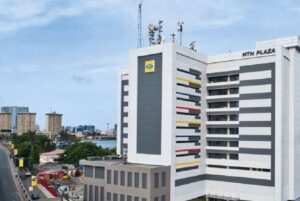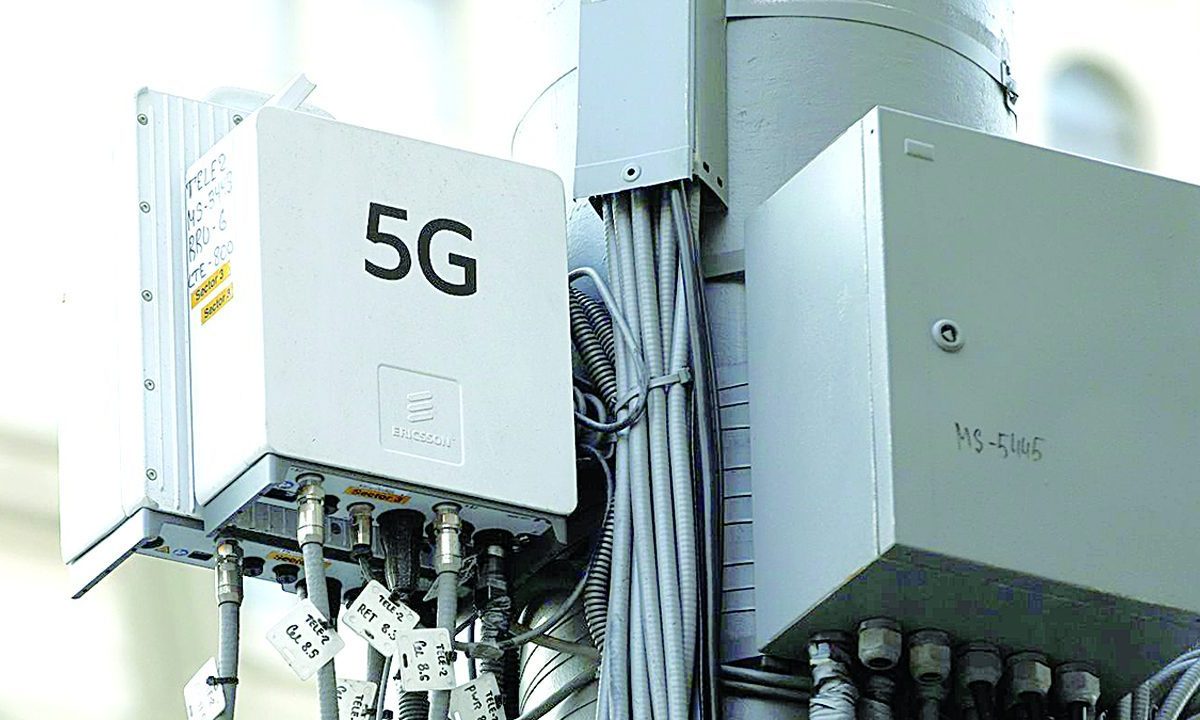
MTN Nigeria shifts to paper-based SIMS in push for sustainability
- Economy
- No Comment
- 309

Technology company, MTN Nigeria, on Friday announced the introduction of paper-based biodegradable eco-friendly SIM cards, in line with its Project Zero goals to reduce Greenhouse gas (GHG) emissions and achieve net zero emissions by 2040.
According to the company, the biodegradable paper-based SIM card is safer for the environment, as it supports the management of products throughout their lifecycle in a manner that promotes circularity and reduces waste.
This comes barely a week after the Nigerian Communications Commission (NCC) announced plans to issue a revised corporate governance code, updating the last code from 2016 with a key focus on the introduction of mandatory sustainability reporting for telecom operators.
Technology company, MTN Nigeria, on Friday announced the introduction of paper-based biodegradable eco-friendly SIM cards, in line with its Project Zero goals to reduce Greenhouse gas (GHG) emissions and achieve net zero emissions by 2040.
According to the company, the biodegradable paper-based SIM card is safer for the environment, as it supports the management of products throughout their lifecycle in a manner that promotes circularity and reduces waste.
This comes barely a week after the Nigerian Communications Commission (NCC) announced plans to issue a revised corporate governance code, updating the last code from 2016 with a key focus on the introduction of mandatory sustainability reporting for telecom operators.
“Our people and the environment where they live drive the innovative measures we take.
“The launch of our recyclable SIM cards embodies our commitment to sustainability, encouraging our customers to make eco-friendly choices, reducing waste and paving the way for a more environmentally conscious future for Nigerians.”
What you should know
- As the world becomes increasingly conscious of the environmental impact of our actions, mobile network operators globally are taking steps to reduce their carbon footprint.
- This has led to the introduction of biodegradable, paper-based SIM cards.
- Traditional SIM cards, which have been the overall norm on the continent, are typically made from non-renewable plastic materials derived from fossil fuels.
- These plastic SIM cards contribute to the growing global plastic waste crisis, with millions of discarded cards ending up in landfills and oceans, harming marine life and the environment.
- Conversely, paper-based SIM cards also known as bioSIMs, are made using 100% Forest Stewardship Council (FSC) certified paper, meaning the forests where the paper comes from are responsibly and sustainably managed. Once discarded, these bioSIMs will safely decompose in the natural environment over time.
By Samson Akintaro
MTN Nigeria shifts to paper-based SIMS in push for sustainability




